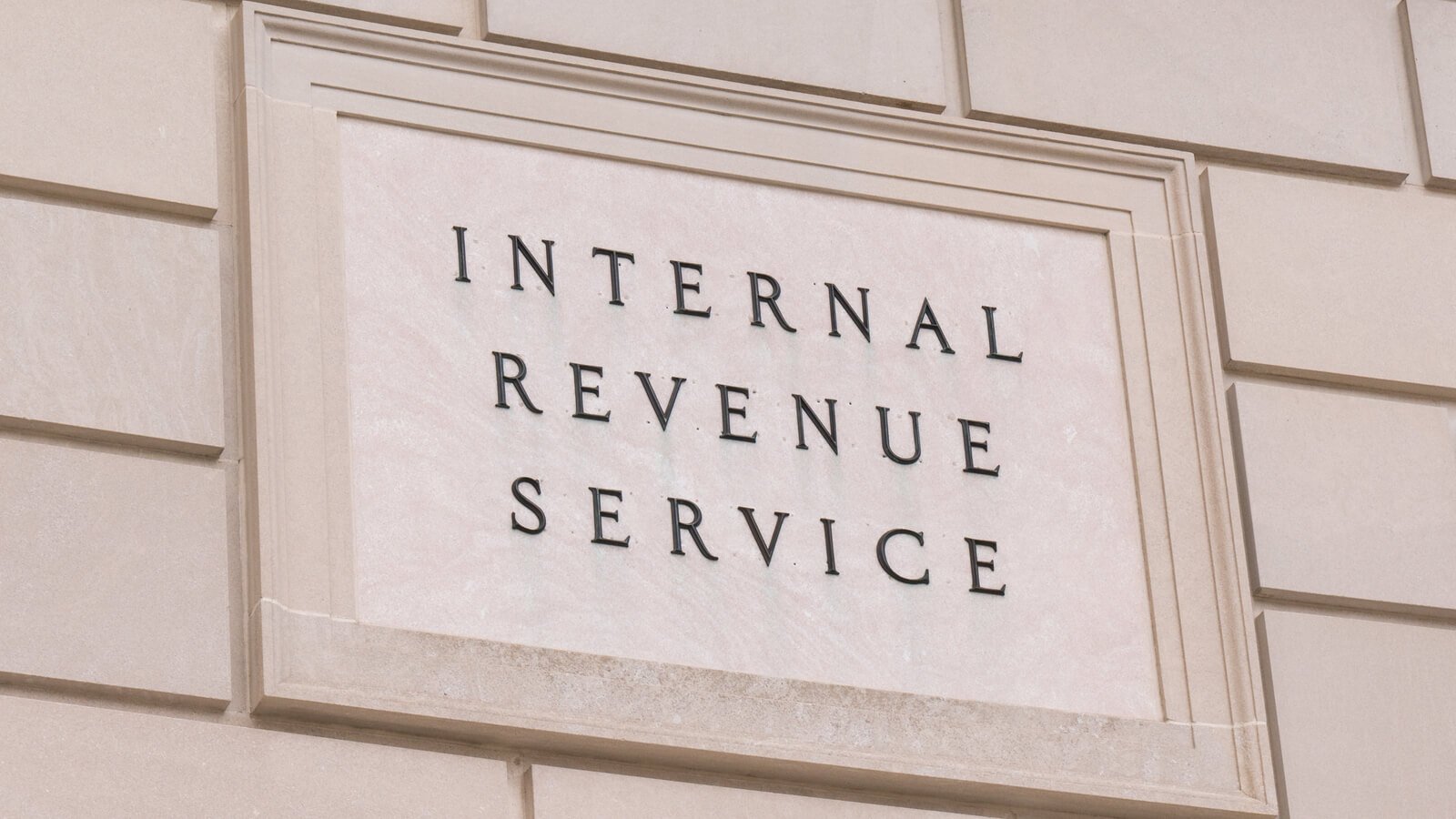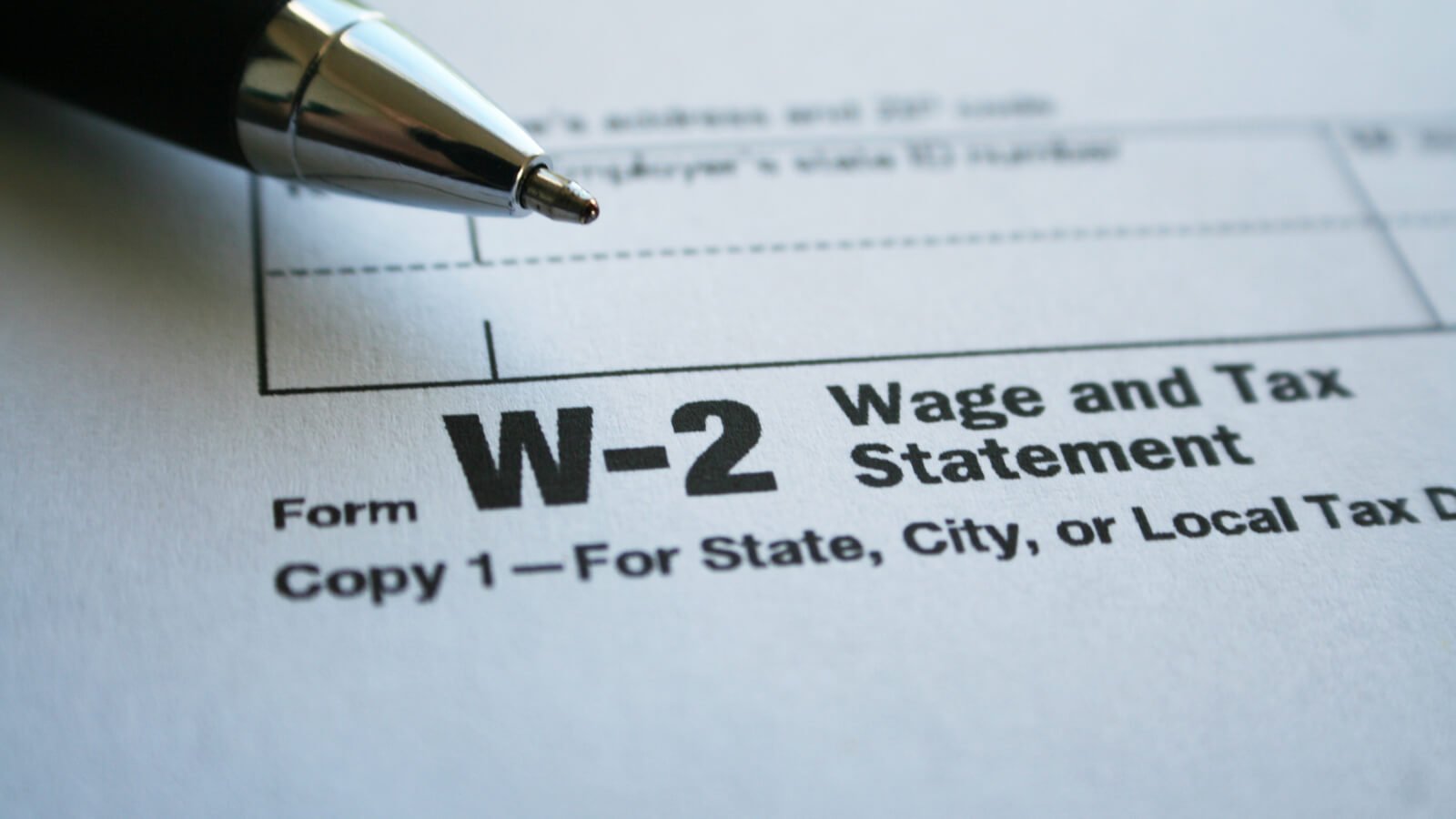Knowing what actually happens during an audit can help you realize it’s not the end of the world. A CPA or tax attorney can take much of the audit off your plate.
If you’re in the less than 1 percent of taxpayers who get audited by the IRS, don’t panic.
This probably is your first audit as a small business owner — and you’re not sure what exactly happens during an IRS audit. The good news is it’s not as scary as you think.
The simplified timeline of an audit looks like this:
- You receive an audit notice
- You hire a CPA or tax attorney
- You (or your CPA or attorney) get interviewed by the IRS
- They discuss their decision with you (which you can appeal if necessary)
As soon as you receive a notice, you should contact a certified public accountant (CPA) or tax attorney to represent you. You should never represent yourself because you could end up giving the IRS a seemingly-innocent explanation to something — which may accidentally trigger even more questions. Having a CPA or attorney is important in this case because they’re trained to know exactly how to talk to IRS agents.
Knowing what to expect and who can help will make the auditing process a whole lot easier on you.
Contents |
| What is an IRS audit? |
| How do I know if I’m being audited? |
| Does an audit mean I’m in trouble? |
| What happens when you get audited |
What is an IRS audit?
An audit is a review of your personal and/or business tax returns to ensure you’re paying the appropriate amount of taxes and reporting your income and deductions correctly. It’s important to remember that’s all an audit is: a review.
An IRS audit usually just looks at a single year’s tax returns. They don’t go back farther than six years, except in rare cases. (For that reason, you should keep any tax-related documents for at least seven years.)
The IRS says there are two main reasons why you may be audited:
- You stood out to the IRS: There are certain things that will automatically trigger the IRS’s systems. And the more of those boxes a taxpayer checks, the more likely they are to be audited. Some of those include being high-income or self-employed, claiming a large amount of deductions and credits or having a combination of other red flags.
- You’re connected to another audit: If your business partner or spouse you filed with is audited, you might get audited as well.
How do I know if I’m being audited?
The IRS will always initiate an audit by mail. You’ll never hear about an audit via email, phone call or any other method besides a letter in the mail.
There are few different letters you could receive that would notify you of an audit. The most common one for individuals and small business owners is Letter 566-T, which notifies you that your income tax return is being audited and the IRS needs several supporting documents from you.
There are dozens of IRS notices. Don’t assume that you’re being audited just because you receive a notice. You’ll know that you’re being audited when you receive a notice explicitly telling you you’re being audited.
Does an audit mean I’m in trouble?
It depends. An audit doesn’t inherently mean you’re in deep trouble with the IRS — or any trouble at all. If you’re a small business owner, you’re probably not going to be charged with any criminal offense.
The most harmless kind of audit is one where the IRS simply wants to verify something and needs supporting documentation. Because the IRS uses a screening system to find people to audit, it will usually focus on taxpayers who have a high income, file a Schedule C, or claim commonly misused deductions (such as home office and certain vehicle deductions).
You could end up paying a penalty if you’re not aware of your LLC’s tax classification and the rules associated with it. For example, if you own an S corporation, you’re required to pay yourself a reasonable salary instead of just paying yourself via distributions. Not following that rule could probably lead to an audit where you’re in the wrong — and you could end up paying a lot in penalties.
In any case, you won’t know for sure if you’re in trouble until the audit is over — or even what they’re looking for.
What happens when you get audited
In most cases for small businesses owners, an audit just consists of you or your CPA mailing or faxing back and forth with the IRS. There’s sometimes a phone call included, but that’s about it if your audit is due to a common tax return mistake.
But an audit can sometimes involve you going to an IRS office or them coming to you in person.
An IRS audit can last from around three months to a year or even longer. The length of the audit depends on how complicated your tax return and business are, whether you challenge the outcome, and how many other audits the agent is handling.
The details depend on your specific situation and audit, but this timeline will give you a general idea of what the audit process is like.
1. You receive a notice and respond to it quickly
The first step in any audit is you’ll receive a notice in the mail. As with any IRS notice, you shouldn’t ignore it.
There are often deadlines that you have to respond by. The most common deadline is 30 days to respond.
If you don’t respond to your audit notice, it won’t just blow over. The IRS can propose their own changes to your return and tack on more taxes to your balance if you don’t respond for long enough — and you can lose your right to appeal them.
2. You find someone to represent you
You shouldn’t ever represent yourself in an IRS audit. You’re allowed to, but you’re probably not the best person to do it. You wouldn’t represent yourself in court, would you?
CPAs or tax attorneys are your best options for representation. In most cases, an experienced CPA can be enough for your audit. But you should consult a tax attorney for more complicated situations, like if your business is complex or if you’re high-income. A CPA can often advise you on when you need a tax attorney.
Even if your audit is targeted for a specific purpose and they’re just looking for verification that you qualify for a deduction, finding someone to represent you is still the best course of action. It’s very common to find representation during an audit — so you shouldn’t worry you’ll look guilty if you do.
You should find someone with a track record of working with small business owners like you through audits. The same person who prepared your tax return doesn’t need to be the same person that represents you in an audit. In some cases, it might be better to opt for a different CPA if the preparer you worked with doesn’t have experience with audits.
An expert knows how to talk to the IRS and has a much better chance of keeping you out of trouble and avoiding additional tax, penalties and interest.
You’ll want to find someone to represent you quickly. Audit notices have a hard deadline for you to respond, and the professional representing you should do that for you. Nobody can represent you in front of the IRS until you file Form 2848, which gives them a power of attorney to do so. Only certain people can have power of attorney for you, and that includes CPAs and attorneys.
When someone has the power of attorney for you, the IRS takes their word as yours — so it’s important that they’re trustworthy, reputable and insured.
3. Go through an interview with an IRS agent
After your representation responds to your initial audit notice, the IRS will likely ask for an interview.
These can last anywhere from 30 minutes to several hours across multiple sessions.
Not every audit requires an interview. Audits that are smaller and more focused usually just require you to mail or fax some documents for verification purposes.
If you are interviewed, it will probably take place over the phone or in-person. The interview will help the IRS agent determine how they’ll perform the audit. There are two directions they can take:
- Office audit: An office audit is one where you go to an IRS office or your CPA’s office for interviews. However, the IRS may still ask to take a tour of your office or workspace if they’re conducting a business audit.
- Field audit: A field audit is an audit where the IRS performs the audit from your office. This typically only happens with business audits, not individual ones. A field audit usually signals a more in-depth or complicated audit.
If you have representation, you don’t have to be involved in the interview — your CPA or attorney can and should do it for you. This is where having an expert in your corner is extremely important. The IRS will ask questions that help them understand your circumstances as much as possible. A CPA can answer them in a way that protects you and still gives the IRS what they need.
4. Your outcome is determined
After your interview — and probably some more back and forth between your CPA and the IRS — then they can come to a conclusion. Here are the biggest possibilities:
- No changes: The IRS sees that everything is fine, and there’s no action needed from you.
- You owe the IRS money: The IRS can argue that you underpaid your taxes or filed something incorrectly and propose to charge you penalties and interest on top of what you owe.
- The IRS owes you money: After reviewing your returns, the IRS can find that they actually owe you money. For example, this can happen if you were conservative with claiming deductions, and the IRS finds that you had more deductible expenses.
Your representation can appeal the IRS if they disagree with the outcome. However, audit decisions are time-sensitive — just like initial audit notices. The IRS usually sets a deadline a few months after they come to a decision for you to appeal.
If your representation doesn’t appeal by the deadline the IRS sets, then you are required to comply with their decision. There’s nothing wrong with paying what the IRS is asking — as long as you and your representation agree with the findings.
The bottom line
Small business owners can be easy targets of IRS audits. The chances of anyone being audited are extremely low, but business owners should be extra cautious of this and take measures to prevent any cause of concern for the IRS.
If you’re being audited, the most important things to do are stay calm and find a CPA or tax attorney to represent you. They can help you come out on top and avoid any additional tax or penalties.
Most small business owners being audited for relatively small mistakes can do everything via mail. If your issue is more serious, you might have to meet an IRS agent in person for an interview. After an interview, they can start their audit and determine whether they need to collect more tax from you or not. That can lead to you paying them, challenging their decision or even them paying you.
Being audited is not something you should take lightly. If you’ve received an audit notice, schedule a free call with a DiMercurio Advisors team member today to find out what your next steps should be to get through your audit safely.








